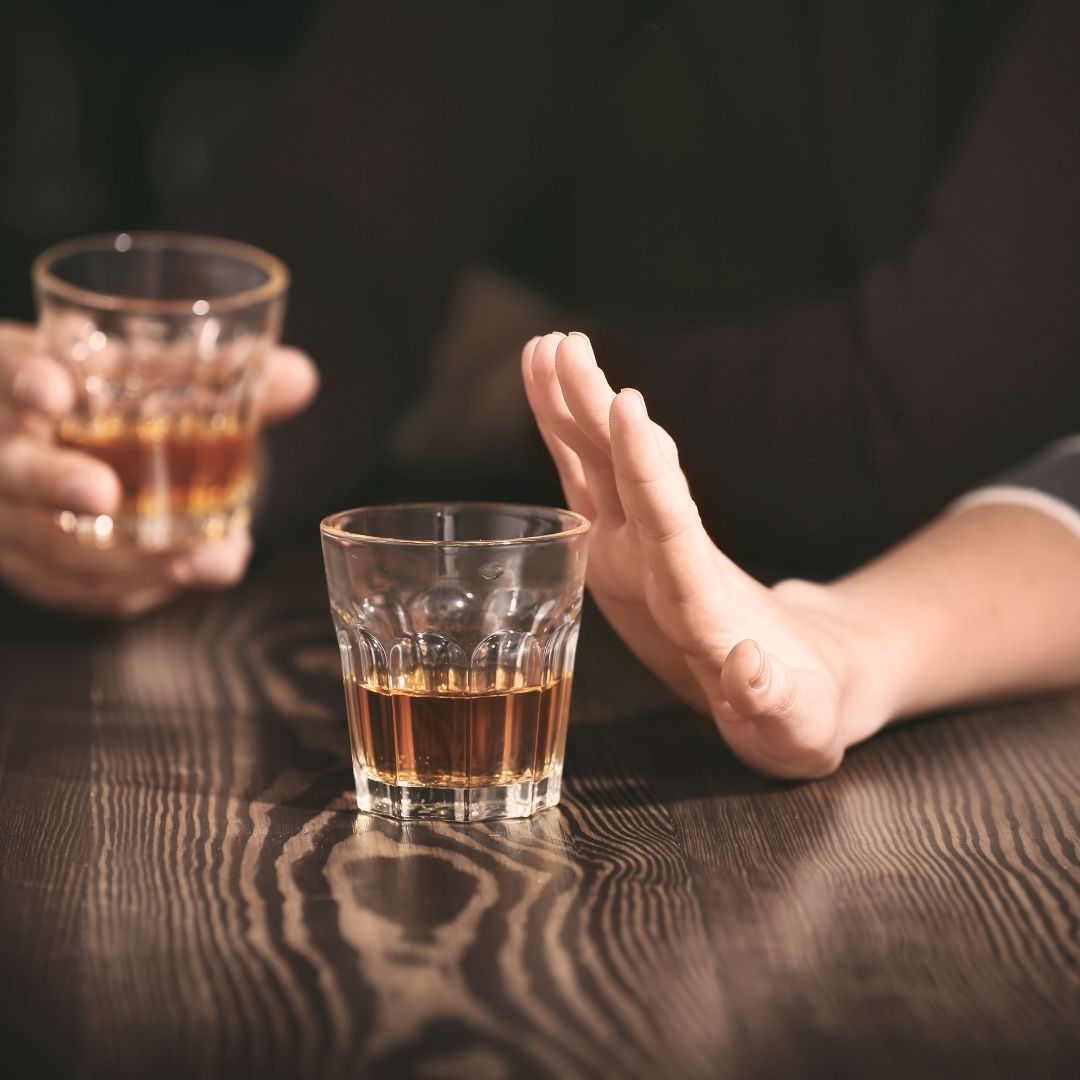Accutane (isotretinoin) is a powerful medication used to treat severe acne. While it can work wonders for your skin, it also comes with serious risks—especially when combined with alcohol. If you’re considering drinking on Accutane, it’s crucial to understand the potential dangers and follow medical guidelines.
In this guide, we’ll explore the risks of drinking on Accutane, why it’s discouraged, and what you can do to stay safe. Whether you’re in Columbus, Ohio, or anywhere else, this information can help you make informed decisions about your health. Let’s break it down.

What Is Accutane?
Accutane is a prescription medication that belongs to a class of drugs called retinoids. It’s primarily used to treat severe acne that hasn’t responded to other treatments. Accutane works by reducing the amount of oil produced by your skin’s oil glands, helping to prevent acne from forming.
While Accutane can be highly effective, it’s also known for its potential side effects, particularly when it comes to liver health. This is why drinking on Accutane is strongly discouraged.
Why Is Drinking on Accutane Dangerous?
Drinking on Accutane can have serious consequences for your health. Here’s why:
- Liver Strain: Both Accutane and alcohol are processed by the liver. Combining them can put extra strain on this vital organ, increasing the risk of liver damage.
- Increased Side Effects: Alcohol can amplify Accutane’s side effects, such as dizziness, nausea, and headaches.
- Mental Health Risks: Accutane has been linked to mood changes and depression in some users. Alcohol can worsen these symptoms, making it a dangerous combination.
If you’re struggling with alcohol use while on Accutane, programs like Addiction Recovery and Addiction Treatment can provide the support you need.
Medical Guidelines for Drinking on Accutane
Most healthcare professionals strongly advise against drinking on Accutane. Here’s what you need to know:
- Avoid Alcohol Completely: The safest approach is to avoid alcohol entirely while taking Accutane.
- Monitor Liver Function: Your doctor will likely order regular blood tests to monitor your liver function during treatment.
- Be Honest with Your Doctor: If you’re struggling to avoid alcohol, talk to your doctor. They can help you create a plan to stay safe.
If you’re concerned about your alcohol use, programs like Ambulatory Detox can provide the support you need to detox safely.
Risks of Drinking on Accutane
Here’s a closer look at the risks associated with drinking on Accutane:
1. Liver Damage
Both Accutane and alcohol are metabolized by the liver. Combining them can lead to inflammation, scarring, and even liver failure in severe cases.
2. Increased Side Effects
Alcohol can worsen Accutane’s side effects, including:
- Dizziness
- Nausea
- Headaches
- Dry skin
3. Mental Health Concerns
Accutane has been linked to mood changes and depression in some users. Alcohol can exacerbate these symptoms, making it a dangerous combination.
If you’re experiencing mental health challenges, therapies like Effexor Addiction and Alcohol or Addiction Worksheets can help you address the underlying issues.

How to Stay Safe While Taking Accutane
If you’re taking Accutane, here’s how to minimize risks and stay safe:
1. Avoid Alcohol
The best way to protect your liver and overall health is to avoid alcohol entirely while on Accutane.
2. Follow Your Doctor’s Advice
Take Accutane exactly as prescribed and attend all follow-up appointments.
3. Monitor Your Mental Health
If you notice mood changes or symptoms of depression, talk to your doctor immediately.
4. Seek Support
If you’re struggling with alcohol use, programs like Addiction Recovery and Addiction Treatment can provide the support you need.
What to Do If You’ve Been Drinking on Accutane
If you’ve been drinking on Accutane, here’s what to do:
- Stop Drinking Immediately: The sooner you stop, the better.
- Talk to Your Doctor: Be honest about your alcohol use so they can monitor your health closely.
- Consider Detox: If you’re struggling to stop drinking, programs like Ambulatory Detox can help you detox safely.
The Role of Community in Recovery
Recovery isn’t a solo journey. Surrounding yourself with supportive people can make all the difference. At Ridgeline Recovery, we believe in the power of community. Whether you’re participating in group therapy, living in a sober home, or attending outpatient programs, having a strong support system is key.
If you’re struggling with drinking on Accutane, you don’t have to face it alone. Programs like Effexor Addiction and Alcohol or Addiction Worksheets can help you connect with others and build a network of support.
Trivia: Did You Know?
Before we dive into the FAQs, here’s a fun fact: Accutane was first approved by the FDA in 1982. Since then, it has helped millions of people clear severe acne—but it’s also known for its strict guidelines, including avoiding alcohol.

FAQs About Drinking on Accutane
1. Can I have one drink while on Accutane?
It’s best to avoid alcohol entirely while taking Accutane. Even one drink can increase the risk of side effects and liver damage.
2. How long after stopping Accutane can I drink alcohol?
It’s recommended to wait at least one month after stopping Accutane before drinking alcohol. This allows your liver to fully recover.
3. What are the signs of liver damage from Accutane?
Symptoms of liver damage include yellowing of the skin or eyes, dark urine, and abdominal pain. If you experience these symptoms, seek medical help immediately.
4. Where can I find help for alcohol addiction?
Programs like Addiction Recovery and Addiction Treatment can provide the support you need.
Ready to Start Your Recovery Journey?
If you’re ready to take the first step toward healing, Ridgeline Recovery is here to help. From Addiction Recovery to Addiction Treatment, we offer a range of services tailored to your needs.
Contact us today to learn more about the risks of drinking on Accutane and start your journey to a healthier, happier life.







